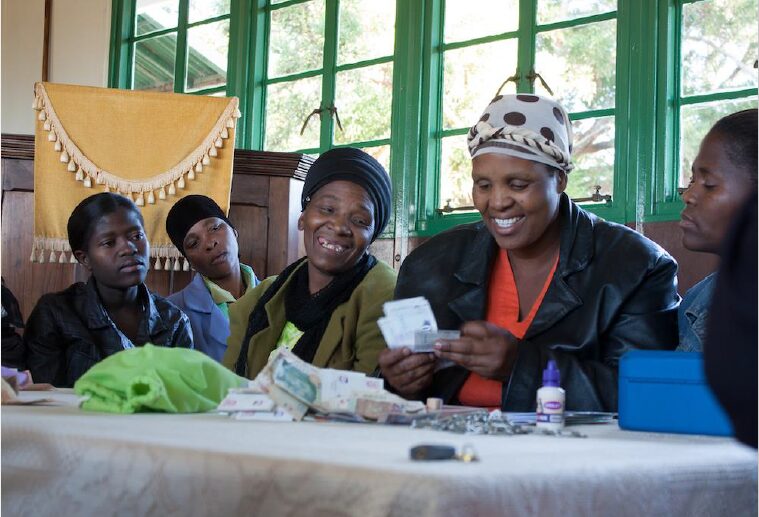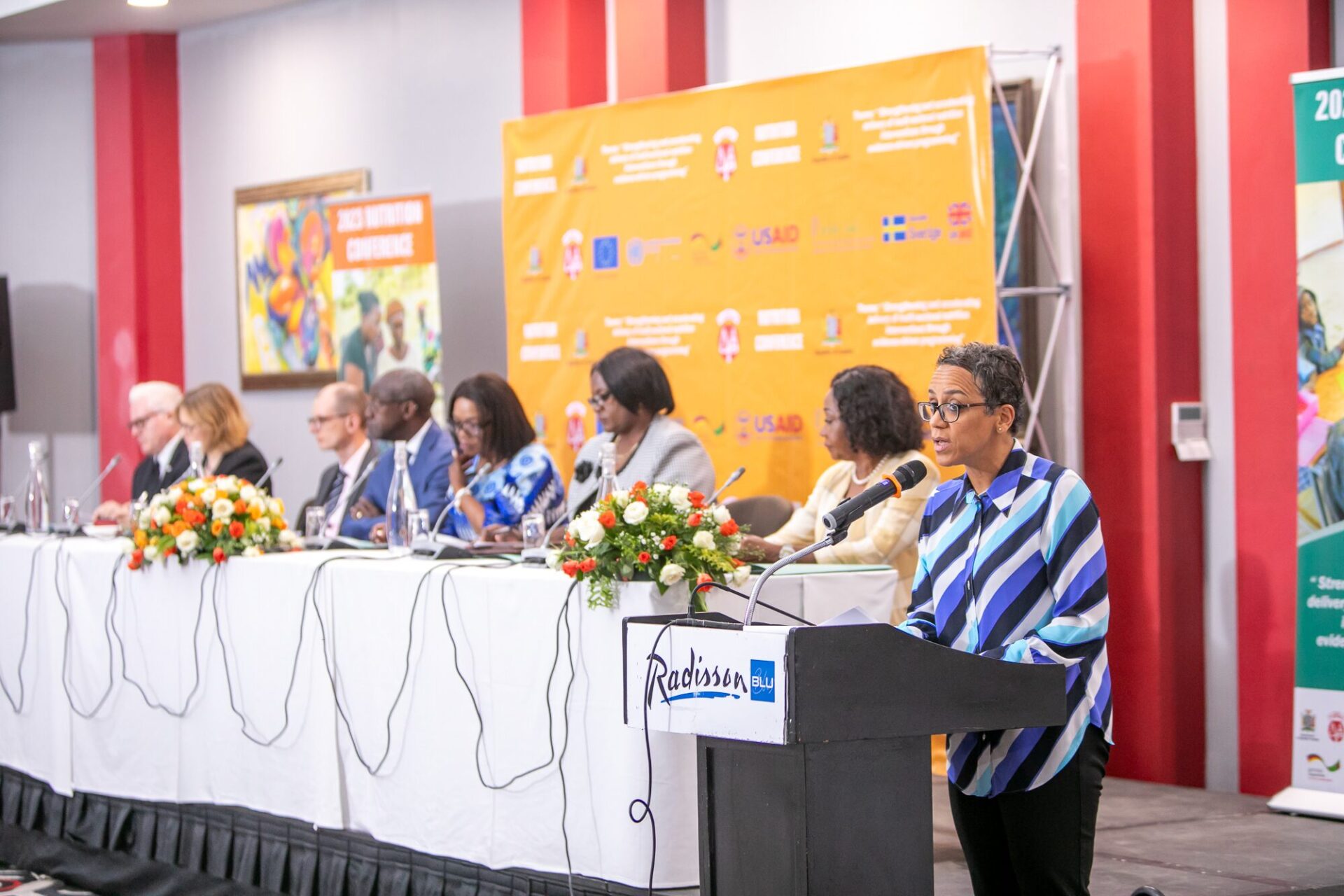Khulisa has always championed the development of young and emergent evaluators (YEEs) (read more). Mentoring these novices into champions of evaluation not only improves the skill levels of these evaluators, but also the range of professional evaluators. YEEs bring great energy, enthusiasm and fresh perspectives to Khulisa. In this blog, we investigate YEEs in South Africa through the eyes of one of our rising champions of evaluation, Heather.
Heather is an associate at Khulisa who began as an intern in November 2019. Like many others, Heather stumbled upon the field of evaluation after completing her university studies. She feels that the key factor for encouraging potential YEEs is to help them realize that their skills and studies are transferable to the evaluation field.
Heather represented, in 2020, emergent evaluators and Khulisa in an online discussion between the Department of Planning, Monitoring and Evaluation (DPME), the South African Monitoring and Evaluation Association (SAMEA), and other guest evaluators. The purpose of the discussion was to present the study conducted by SAMEA on the state of YEEs in South Africa.Thediscussion centered on the collaboration of DPME and SAMEA to “create an updated database of emergent evaluators that can be used to initiate, develop, and implement opportunities” (DPME & SAMEA, 2020, pp. 4). Khulisa was honored to be invited to speak at this event, especially when considering that one of our founding directors – Jennifer Bisgard – was the first chair of SAMEA.
Reflections on the SAMEA and DPME Survey: Barriers to EE
In her presentation, Heather lists the following main culprits holding back YEES:
- Entry into the evaluation space
It’s true that you miss 100% of the chances you don’t take. But it’s also true that you miss 100% of the chances that you don’t know about taking. Heather says, “If you are unaware of the opportunities that are available to you, or which companies provide internships or have entry-level positions available, or even if you’re unaware of evaluation itself…you’re not going to be able to enter it, you’re not even going to know what to apply for.”
Besides limited access to information, Heather lists a lack of experience as a further hindrance to entering the evaluation field. “You need a job to get experience, but you need experience to get a job,” says Heather, “and many firms are unwilling to take on someone who maybe only has one year of experience, or less if they are a recent graduate.”
Finances are a further barrier to entering the evaluation space. Acknowledging that it’s not true for all firms (Khulisa pays interns in order to equalize opportunities, for example), Heather raises the point that “often internships are unpaid” and that those who can afford to undertake unpaid internships are “typically individuals that can stay at home and still be supported by family.” This means that the evaluation space can “remain exclusive and may not be transformative” – a particularly prevalent issue in South Africa.
2. Skills and competencies
YEEs may not be aware of the skills needed to enter the field or if their degree is relevant to evaluation. Even if they have both the skills and a relevant degree, they may not understand what a career in evaluation entails.
“Evaluation is a wide field, and you can enter it from many different sectors. I come from a political science background. Some of my colleagues come from public health or development studies or geography. I think recent graduates are often unaware that those skills are transferrable into the evaluation space and aren’t aware that evaluation is a career that they can enter into with their [university] courses” –Heather
Khulisa’s Solutions to These Barriers
Heather and the Khulisa team have compiled possible solutions to the two problems listed above:
- Create a digital marketplace
SAMEA and DPME have put together a database of YEEs. We suggest SAMEA and DPME create a social media page that serves as a digital “marketplace” for both evaluation organizations and interested graduates to interact with potential internship opportunities. Evaluation clients, who value skills development, could also make space and finances available for interns. Khulisa’s own internship program began in 1994 and has produced many evaluators from its ranks.
2. Promote SAMEA and the evaluation field
Heather says, “if you don’t know SAMEA exists, you’re not going to get access to these databases and you’re not going to get access to this knowledge.” SAMEA could advertise at relevant faculties in universities and at career fairs and promote evaluation as a career (just like Khulisa!).
Below is a screenshot of Heather’s slide from the presentation.
References:
Watch the hour-long presentation at https://www.samea.org.za/resource?slug=event-webinar-sharing-survey-results-in-conversation-with-emerging-evaluators.
DPME & SAMEA (2020), The State of Emerging Evaluators in South Africa: Final Draft Survey Report accessed from: https://www.samea.org.za/summernotefile/dump?summernotefile_id=195 on 11/04/2021







[…] our recent blog post on Young & Emergent Evaluators (YEEs), Khulisa chatted to one of our own emerging evaluation […]